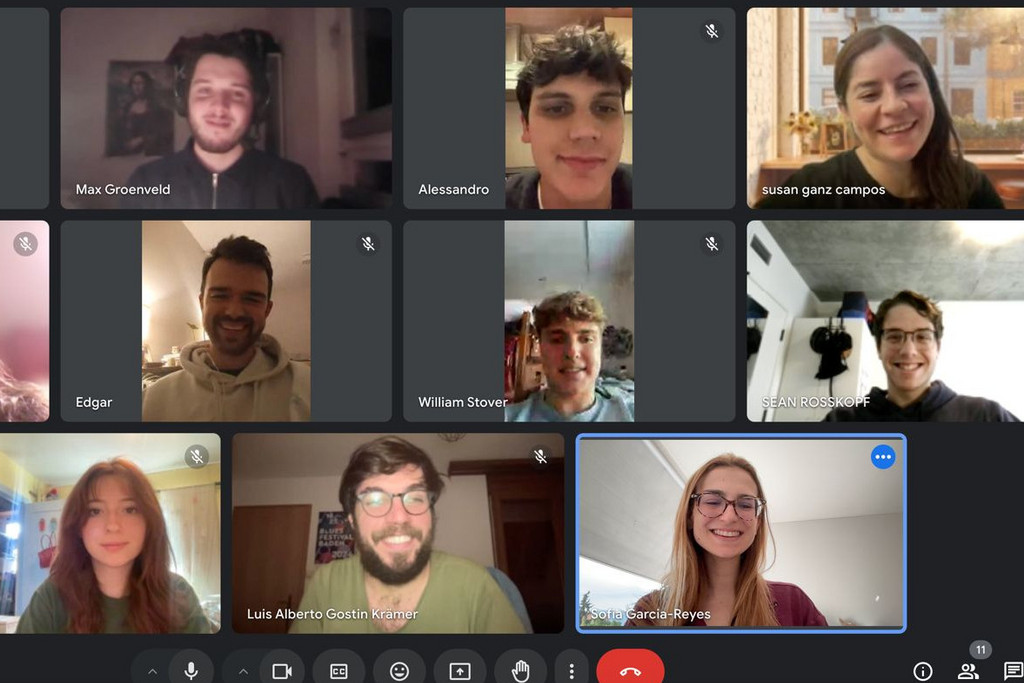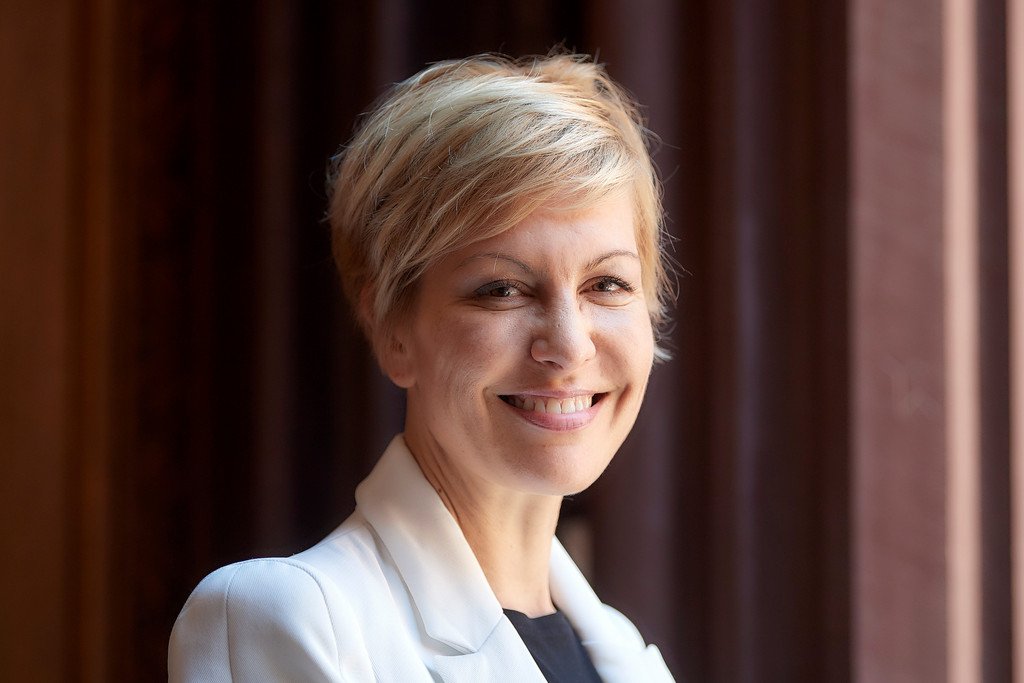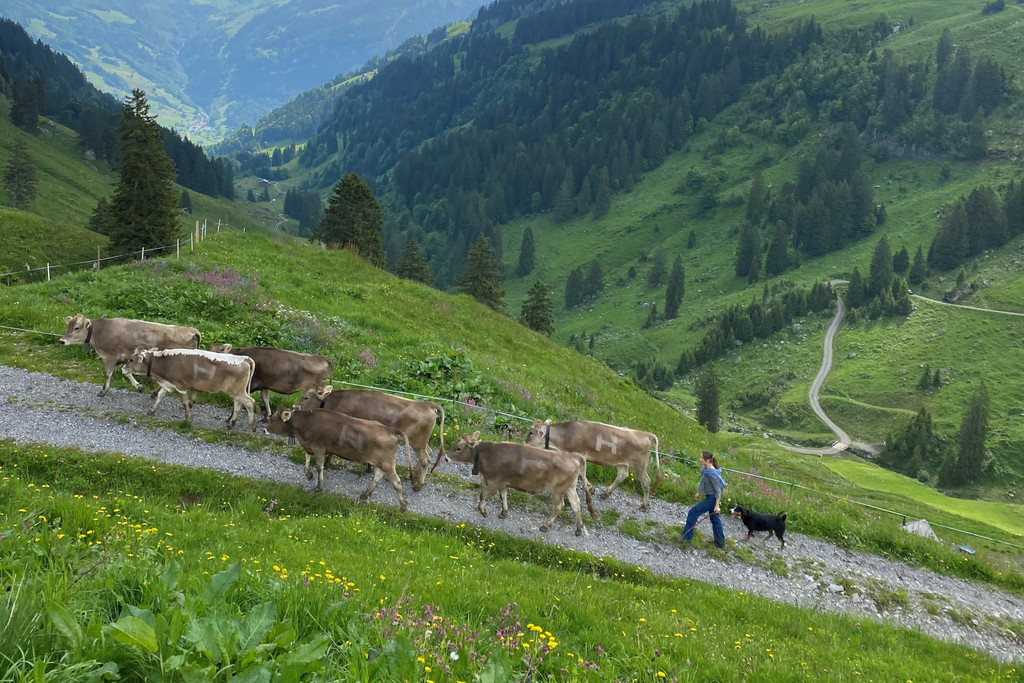Chestnuts – part of Switzerland’s cultural heritage
SUSANNE BOOTS-NOEBEL, NEW ZEALAND
The article about chestnuts and their cultural significance took me back to the days of my youth. In both my childhood and teenage years, the chestnut stands in Zurich typified autumn. Every so often, our parents would buy us a bag of these aromatic treats. I have been living happily in New Zealand for decades, but to read articles like this from Switzerland warms my heart and makes me want to catch the whiff of hot chestnuts in the air again and eat a whole bag of them.
LOUIS KRÄHENBÜHL, MEXICO
As a boy growing up in Basel, I can well remember the chestnut sellers, all of whom were Italian. A bag – or a “Gugge” in Basel dialect – cost around 40 centimes back then, and we would laugh at the man shouting “aissi Marroni!” in his Italian accent.
DANIEL GILLIÉRON, CHENGDU, CHINA
In polycultures, chestnut trees like to be in the vicinity of hazels, oaks, black alders, ferns, heather, gorse, honeysuckle, horseradish, ivy, peanuts and mushrooms. Preserving chestnut groves is important for our (aesthetic) enjoyment of the countryside. Chestnut growing could conceivably shift further north as a result of climate change. With the harvest period lasting from August to December, chestnuts can be an additional source of income for farmers.
Switzerland is laying the groundwork for solar power plants in the Alps
HEINZ MANHART, PHILIPPINES
Another wrong decision. Leaving the aesthetics aside: who is going to keep the solar panels free of snow and ice? How much energy will we lose distributing it around the country? Instead of spending money on these Alpine eyesores, subsidising private solar installations would make more sense, as energy would then be produced where it is actually needed. By the way, I have solar panels on my own roof.
JACK BRUNNER, AUSTRALIA
That will destroy the beauty of Switzerland. What happens with the waste from the solar panels when they have to be replaced? I am in Australia and totally self-sufficient with solar. All my panels are on my roof. No destruction of natural beauty and free power! Nuclear power would have been a much safer and cheaper solution. But now Switzerland is importing power made from France.
ERICH SUTTER, USA/SWITZERLAND
The article failed to mention how we store solar energy. The sun only shines during the day. Storing large quantities of energy in batteries or as hydrogen is an issue we still haven’t resolved.
The 2023 elections: how the main political parties approach the “Fifth Switzerland”
MICHEL GUIGNARD, FRANCE
Congratulations on producing this informative summary. It’s an issue that “Swiss Review” needs to continue following closely!
WOLFGANG WITTENBURG, CANADA
I have been living in Canada for more than 50 years. Although I was originally happy at the prospect of being able to exercise my political voice as an expat, I eventually decided not to. It is not that I am indifferent to what is happening in the country in which I was born and grew up. And I am able to keep informed thanks to relatives, the media and occasional visits. However, never having to experience the consequences of voting from afar because I live permanently in Canada would not sit well with me. I know that Swiss citizens should all have the same rights, so those who wish to exercise their right to vote while abroad can and should do so. At the end of the day, the decision on whether to vote is a personal one. Just as it is for those who live in Switzerland.
LUKAS EICHELE, PHILIPPINES
The elections will already be over by the time our voting papers arrive here in the Philippines. No one knows why e-voting was discontinued in the first place.
Switzerland and its ongoing debate on neutrality
HANNAH WALKER, AUSTRALIA
I know that neutrality is part of Switzerland’s identity, and that as a safe haven for the persecuted, it is to be commended, but at the same time, I can’t help thinking of many who suffered due to the neutrality of Switzerland: take for example the case of Robert Mugabe putting his nation’s finances into Swiss banks in order to keep them for himself. We need to be clear on HOW we decide which values to uphold and which to denounce, e.g. if we wish to be a safe haven for all humanity regardless of their values or creeds, then we should not be manufacturing munitions. Frankly, humanism has its flaws because humans have their flaws. I don’t like the thought of Switzerland being angled to undermine its neutrality (e.g. we could be asked to build back doors into security software by our “friends”) but I also think harmful ideas, discoveries and people can hide behind the protection of neutrality. An important debate indeed.







![[Translate to English:]](/fileadmin/_processed_/c/2/csm_online_Revue_2502_SC-Webinar_a26f678026.jpg)




Comments